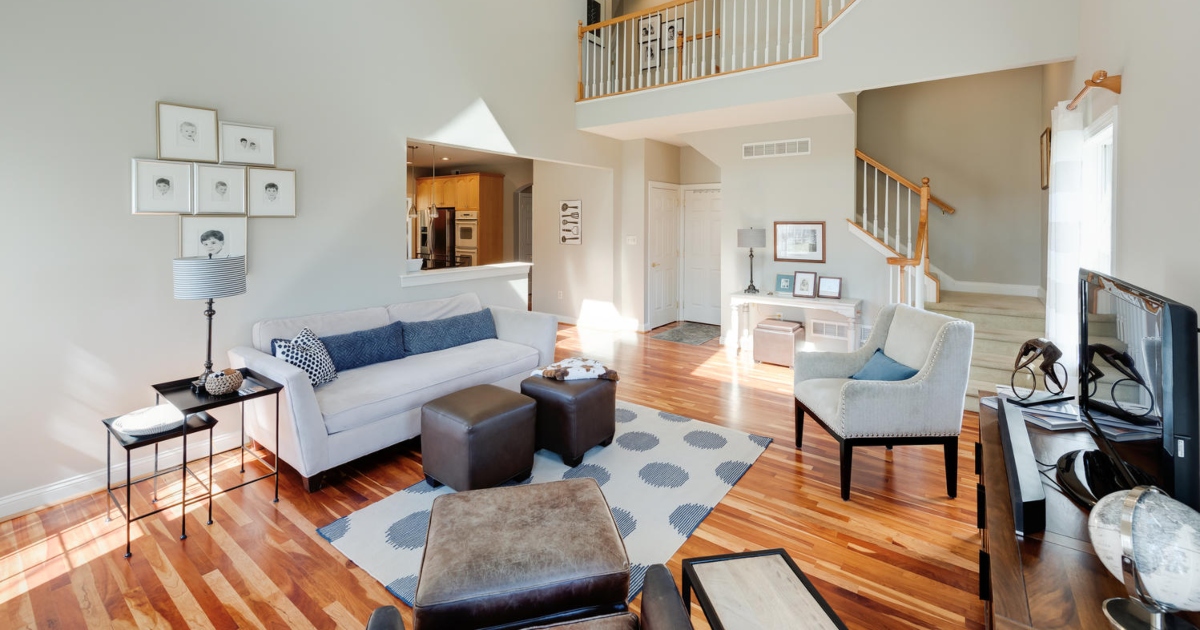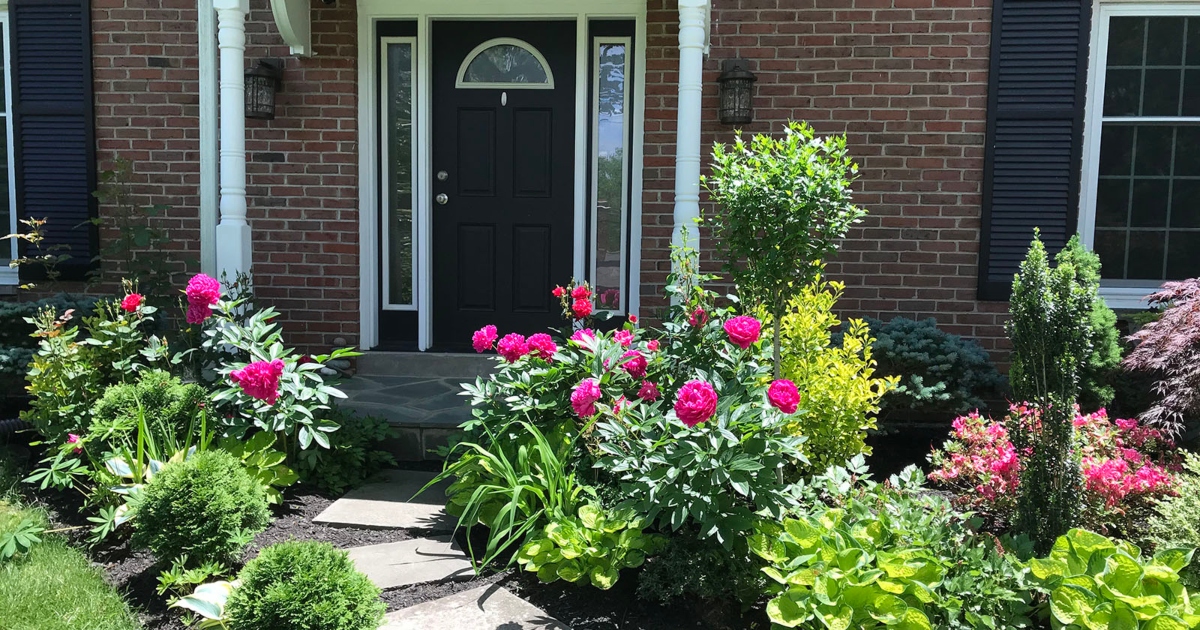If you’re thinking of selling your home, now or in the future, you probably have the words “value” and “marketability” bouncing around in your brain quite a bit. Taking the market value of your home into account is important when you make any big decisions – especially if you’re planning on making renovations.
However, renovation time isn’t the only time to think about your home’s value. The value of your home can be affected by many things that you don’t even think about – in fact, the marketability of your home, while it may be unable to add specific dollar value to your asking price, can play a big role in how much money you are able to get for your house when you sell it.
Why? Because the more marketable a home – the newer the appliances, the more up-to-date the decor, the more clean and bright and open the layout feels – the more buyers will be interested. And the more buyers are interested, the more competitive the bidding gets. And when bidding gets competitive, the seller gets to walk away with more money for their house.
Realtor Connie Fitzgerald of Massachusetts recently posted about the difference between value and marketability on her blog, and talked about both the distinction, and the ways that both can inform and help each other – and you, when it comes to selling your home.
Is it Value or Marketability?
Blog post by Corrine Fitzgerald of FITZGERALD Real Estate, MA

When you make improvements to your home, the question you need to ask yourself before you make any significant changes should be – Will this add to my home’s value or make my home more marketable or both?
Value in Real Estate translates into the dollar value of a property. The price a house sells for is considered fair market value. Appraised value is quite often the measurement lenders used to determine value.
Marketability is what makes a property appealing to a prospective buyer. Sometimes improvements lean more towards the marketability side than increasing the value. New windows, a new furnace or new roof all will appeal to a buyer and add to a home’s marketability. Unfortunately, in most cases, it will not add dollar for dollar value to the property. Though the costs of these upgrades usually will not fully increase the value, they will help sell the home.
Renovations like kitchens and baths usually add to both marketability and value and tend to be closer in bridging the gap with the cost to its value.
If you are looking to sell soon, you should focus on the renovations and repairs that will make your house more marketable while balancing what will bring you the best return on value. There are many factors to consider when establishing a home’s price, including its location, and every neighborhood has a price range. Sometimes renovations can over-improve a house for its neighborhood and limit its return on investment.
Before making any significant improvements to your home, it’s wise to get advice from a Real Estate professional, especially if selling is in your plans for the near future.
Of course, sometimes the marketability of your house doesn’t even have anything to do with renovations you make or updates to your decor – although those things certainly help and should not be overlooked! No, what it sometimes comes down to is simply the feel of your home – the impression people get when they walk in the door.
Yes, the feel of a house means a great deal when it comes to getting more value out of your home – the more easily people can see themselves living there, the more offers you will get, and the more competitive your pricing will be.
But don’t just take my word for it – listen to what New Hampshire Realtor Scott Godzyk has experienced, and see for yourself how important it can be to note what your home might look like to outsiders – they might notice very different things than you do!
What is the FIRST thing you notice when you enter a home?
Blog post by Scott Godzyk of Godzyk Real Estate Services, NH

Whether you are listing a home or showing home, you only have one first impression. So, what is the first thing you notice when you enter a home? For me, it is “the Smell.”
I am on a listing blitz and meeting many would be home sellers in the last couple of months. That means I have seen and smelled many things. Some pleasant and some not so much. Yesterday, I walked into an ash tray. It smells like a 1980’s dive bar. The walls were yellow, the windows were fogged over and I needed to change clothes after leaving. The seller did not smell it. They were even a little shocked how much it affected the price. The daughter could smell it and needed to make a decision to tear up the carpets, was all surfaces and re-paint the home. She was happy I was honest and offered them options.
Over the weekend I entered a “cat house”. No not that kind, one with at least 20 cats. Their bathroom was the carpet, here, there and every room. The home had been rented. The lease is up. The tenant out of work has not paid since February. The landlord needs to sell as he can not pay the mortgage without rent. He has drained his savings. He was very happy how much prices have come up. He was not so happy at the amount of damage the tenant and her cats have done. I gave him values “as is” and what it is worth all fixed up. With funds on the short list, we are working things out to help him and get the property on the market.
Lastly, I met a couple who have lived in their home for 55 years. A stately older home with furniture from when the got married. It was neat as a pin and the fresh smell of apple pie welcomed me. We walked through the home. I asked questions and the sellers were happy to answer. We sat down to discuss prices and how i can help them move to an over 55 community. The Mrs. served us pie with a scoop of ice cream. I love these types of listing appointments.
IN SUMMARY, for me, the smell of a home can welcome or scare away buyers. The smells can stick with you long after you leave. When getting your home ready for sale, think about getting rid of pet smells, smoking smells or musty basement smells.
IN THE END: When I list a home I like to walk through with the seller, pointing out what we can do to make the home show the best. Being there through each step of the selling process is a huge benefit for sellers.



